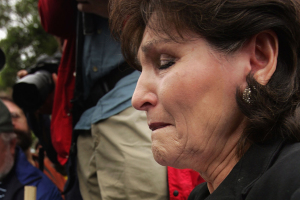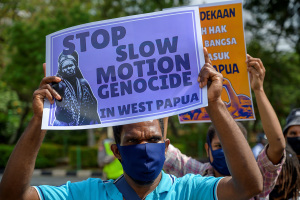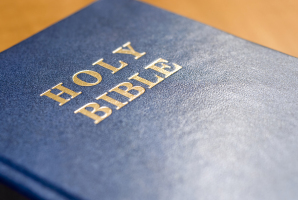Rwanda genocide 25 years later: How a Christian nation overcomes its troubling past
Improving the quality of life
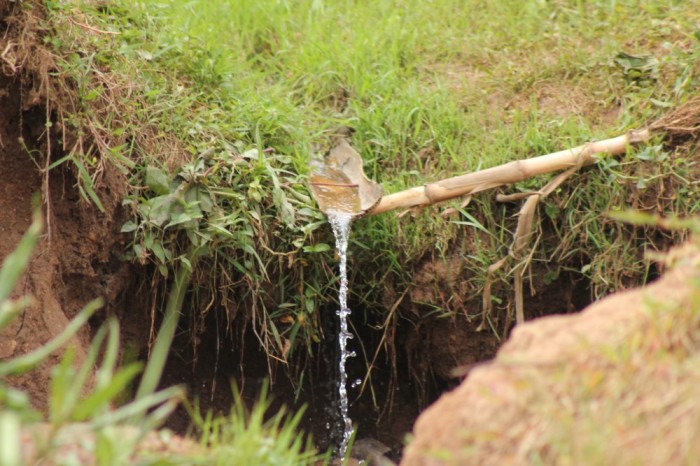
With landlocked Rwanda being known as the “Land of A Thousand Hills,” there are a number of geographical problems that many Rwandans (and other throughout Africa) face that not only present dangerous living conditions but also limit the children’s access to education. Those problems get compounded by the country’s growing and extremely dense population.
There are many people who do not have shelter for one reason or another. For some people, they fled the country during the genocide and returned, while others have homes that have been destroyed by mudslides and floods caused by the rainy seasons the country faces 10 months out of the year.
“Rwanda is very populated. Around 400 per square kilometer. We have the land shortage and it is a hilly country, where people have been dying because of landslides and floods,” said Nsengiyumva, who heads World Vision efforts in the Southern Province.
He explained the government and NGOs have struggled for about a decade to provide sustainable shelters for those without homes. But today, the government is operating an initiative to provide four-in-one shelters as part of Rwanda’s Integrated Development Program, Nsengiyumva explained.
“That means that one building has four families. Even though they seem to be smaller, they are strong,” Nsengiyumva explained. “It is being implemented everywhere. ... This is why they wanted to start that program to make sure that people are coming from those high-risk zones and live where they are safe from those disasters and where they can access those basic facilities like water, electricity, schools, [health centers] and so on.”
Reporters visited what was deemed a “model village” constructed last year that is home to about 218 people in an area called Kabusanza located in the Huye District of the Southern Province.
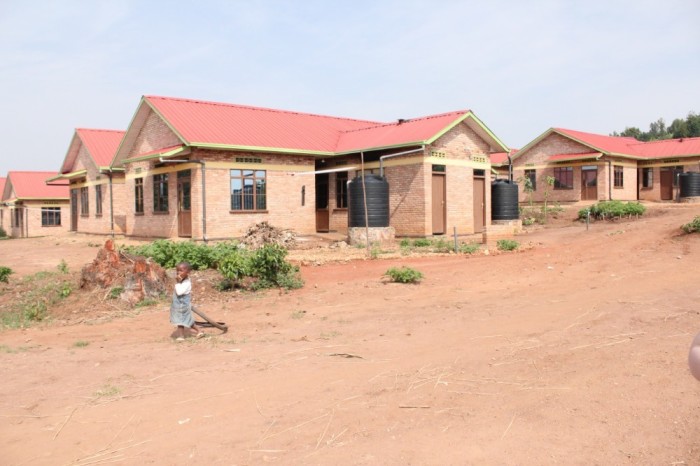
“When they constructed it, they came to World Vision. The first thing we had to give them was the iron sheets. But we got some other support,” Nsengiyumva said.
For many across Africa, lack of access to clean drinking water creates health concerns and limits educational opportunities. For families who lack access to a clean water supply, they are forced to walk up to over a mile to fetch water from a source such as a stream.
This was the case for the villagers in the Kabusanza who had to walk down a steep hill just to fetch water from the nearby marshland. Because the clothes were not clean, many children were not able to go to school.
“Most of the time it was unprotected sources,” Nsengiyumva detailed. “When it rained, the water was dirty. It took time for children to get there. They were fetching unclean water. It was causing some issues. Not only health issues but children were also not able to go to school all the time.”
Things got a little bit easier for the villagers in Kabusanaza and surrounding villages when a nearly five-mile water pipeline was built by World Vision. The pipeline delivers water from two natural water springs to nearly 3,000 people across multiple villages. Construction on the pipeline started last September and was completed two months later.
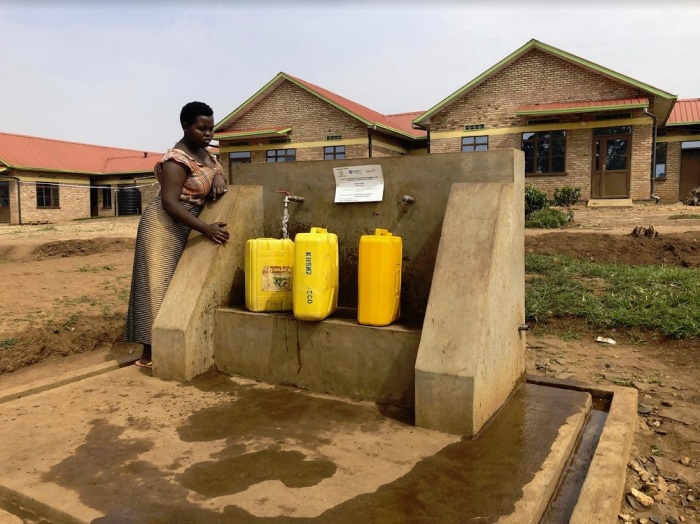
“It has made a huge difference in their lives,” said Mukazimpaka Mary Goreth, who came to Kabusanza in 2005, of the water pipeline.
The village is also served by a health post, a primary school and secondary school.
Rwanda has a nine-year basic primary education system that was implemented in 2009 to meet the increased demand in secondary education created by the launch of a six-year basic education program in 2003.
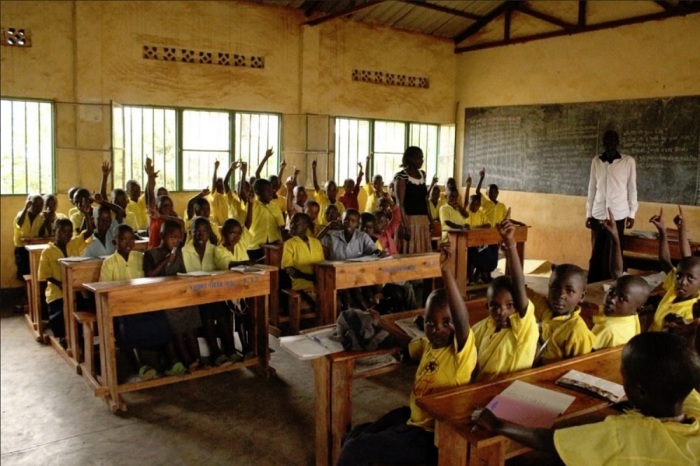
“For these kids, every day, they tell them ‘we are one’ and the past shouldn’t repeat itself,” Goreth, who serves as the president of the village’s water supply and secretary of the village's RPF chapter, said through a translator.
“So basically they train them to bring [unity]. They tell them that we have to work together to create a better future here. So it is consistently told to them.”
To prevent another genocide from occurring, Goreth explained that Rwandans stress upon their children that they need to be knowledgeable and have to educate themselves.
“[We] tell them to be engaged in the development of the country,” Goreth said. “[We] stress to them that they should abstain from anything that can destroy their lives.”
Follow Samuel Smith on Twitter: @IamSamSmith
or Facebook: SamuelSmithCP


















